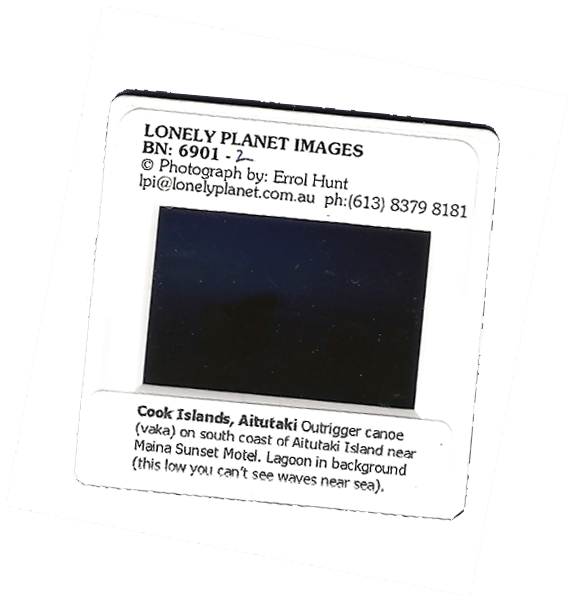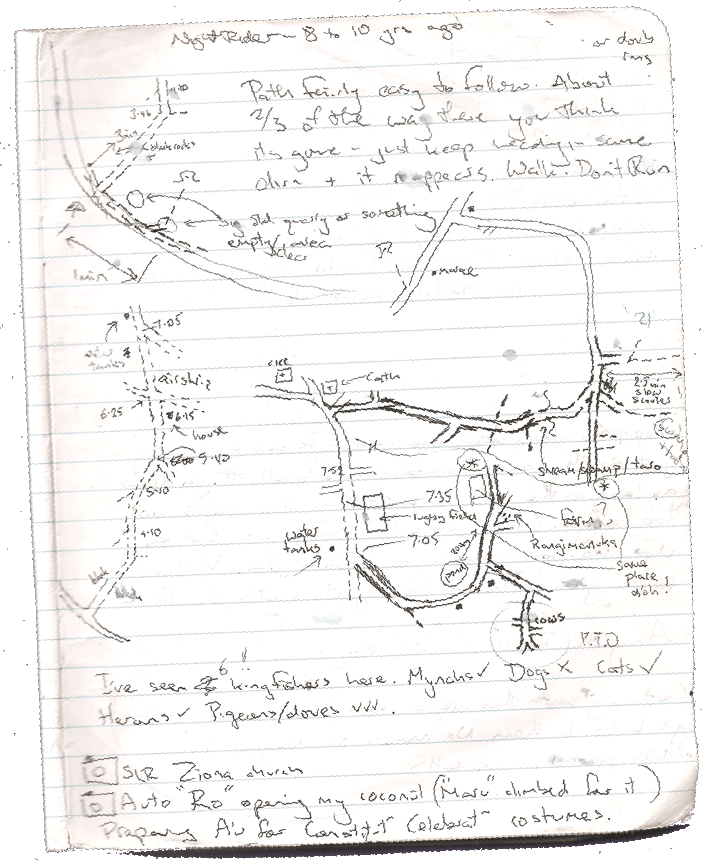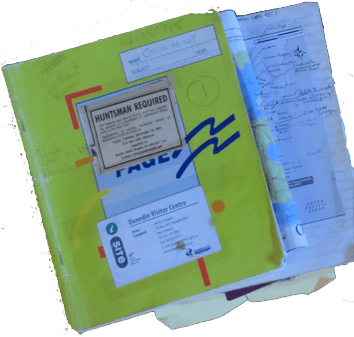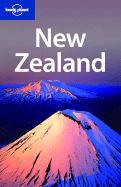Working with authors, & authoring
Lonely Planet's strength has always been its authors. I directly commissioned something north of 200 separate author-contracted guidebook gigs while at LP, plus overseeing many times that many again as Associate Publisher.
I've done some writing myself, both as a guidebook writer (see below), ghost writer (see Time & Tide), and writing other material for magazine, web, and Trade & Reference titles. Mostly on New Zealand and Pacific Island destinations, plus last year a little bit of science writing. I've written for Cheap Eats once too (surprisingly difficult to research, and a big learning experience in the writing).
Commissioning content from cool people, such as Wizards, Booker-Prize and Pulitzer winners, rock gods and pop stars, poets, circus performers, politicians/Rastafarians and Knights of the Realm.
Not a whole lot of people at LP have inhouse Publishing experience (including contracting quite so many authors) and on-the-road authoring experience of their own, so one useful role I filled was something like an authoring subject matter expert, for example with our Lonely Planet China team.
Guidebook Writing
I did three 'full' Lonely Planet guidebook gigs:
 I was the coordinating author (and in fact coord editor too) of the first edition of Lonely Planet South Pacific, the book that finally filled in the last gap to make the company's coverage truly global. This involved months of research and writing, particularly putting together History, Culture and other background text, as well as the logistical task of creating consistency in twenty other authors' submissions. A huge project.
I was the coordinating author (and in fact coord editor too) of the first edition of Lonely Planet South Pacific, the book that finally filled in the last gap to make the company's coverage truly global. This involved months of research and writing, particularly putting together History, Culture and other background text, as well as the logistical task of creating consistency in twenty other authors' submissions. A huge project.


 I spent eight weeks on the ground in Rarotonga and the Cook Islands researching the 5th edition of that guidebook (plus another seven weeks in write-up phase: a mind-altering experience in itself). My first on-the-road researching gig, this is the one that cemented for me how HARD our author worked (I wore out a brand new pair of shoes on this gig - they ended up in the bin at Rarotonga Airport as I left the country). It included travel to outer islands: Aitutaki, Mangaia, Mitiaro, 'Aitu and Ma'uke (where a man accosted me in the street telling me "that guidebook tells lies". I deciding against 'fessing up who I worked for.)...
I spent eight weeks on the ground in Rarotonga and the Cook Islands researching the 5th edition of that guidebook (plus another seven weeks in write-up phase: a mind-altering experience in itself). My first on-the-road researching gig, this is the one that cemented for me how HARD our author worked (I wore out a brand new pair of shoes on this gig - they ended up in the bin at Rarotonga Airport as I left the country). It included travel to outer islands: Aitutaki, Mangaia, Mitiaro, 'Aitu and Ma'uke (where a man accosted me in the street telling me "that guidebook tells lies". I deciding against 'fessing up who I worked for.)...

 I spent five weeks at the bottom of New Zealand's South Island researching for the 14th edition of Lonely Planet's New Zealand guidebook (plus another five weeks writing up). By this time I was a bit more savvy on the neccessity for good time management, which was vital considering the 'density' of the NZ tourism industry. Watching the content I had spent so much sweat and tears researching go out of date over the next two years was a sobering lesson in the necessity for up-to-date content.
I spent five weeks at the bottom of New Zealand's South Island researching for the 14th edition of Lonely Planet's New Zealand guidebook (plus another five weeks writing up). By this time I was a bit more savvy on the neccessity for good time management, which was vital considering the 'density' of the NZ tourism industry. Watching the content I had spent so much sweat and tears researching go out of date over the next two years was a sobering lesson in the necessity for up-to-date content.
About On-the-Ground Research
Writing takes many skills, but on-the-ground research adds a few extras. Not least: amazing time-management skills, problem-solving ability, deadline adherence, mapping nous, and the eye: an ability to see at a glance how a destination/business measures up to the brief: whether if a place is 'up to scratch' or not (given wordcounts and briefed market), and how the brief can be made to fit the situation you find on the ground. Also, an ability make up good alibis when you choose not to say who you are...
On-the-ground research gigs are perhaps the hardest work I've ever done: 12-15 hours' a day, seven days' a week. And completely relentless: you're always on the job even if just talking to travellers back at the hostel. After each of them I was thoroughly exhausted, even before starting the similar amount of time spent poring over notebooks and maps back at home (the bit we call "writeup", tho the time spent actually writing always felt vanishingly small). It's an incredible buzz tho - the closest to the coalface you can get: Meeting travellers in the destination, and solving the question "how do I make this work?".


